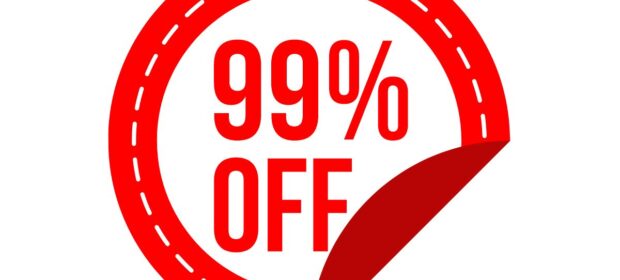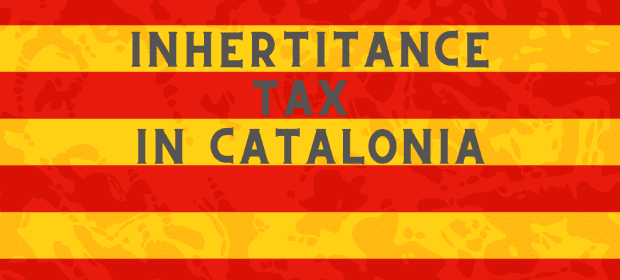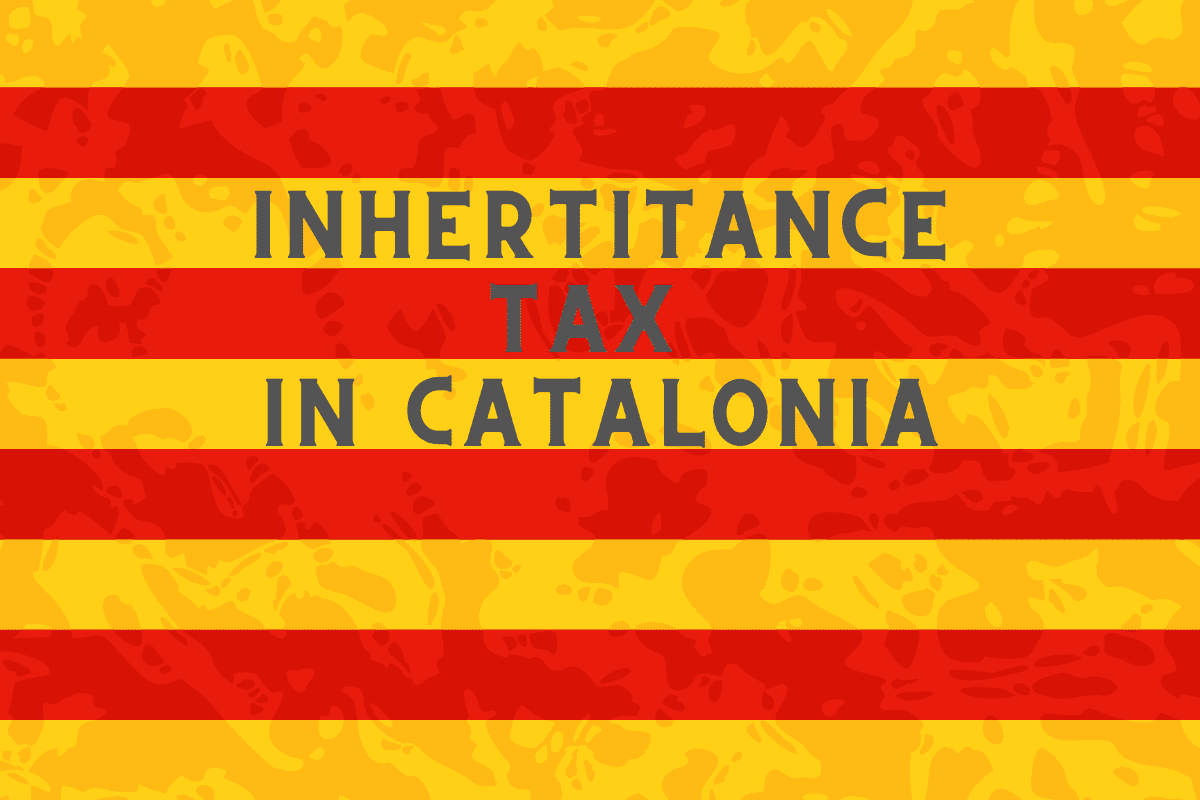On 28th May 2023, Carlos Mazón was elected president of the regional government of Valencia as leader of the Partido Popular. On 21st July 2023 he announced that his government had approved the initiation of a bill to reduce succession and gift tax (ISD – Impuesto de sucesiones y donaciones – Inheritance Tax to the UK reader).
The end of succession tax in Valencia
By John Hayward
This article is published on: 6th September 2023

The draft bill was placed on the urgent pile with Les Corts on 3rd August 2023 and it awaits absolute approval.
Mazón’s reasoning was that the income from ISD represents around 1% of the region’s total revenue and that charging tax on money that has been taxed before was not fair. He wants to reduce the tax burden to prevent an inheritance from becoming a “serious economic loss for many families, who have to face its payment, without the inheritance entailing any economic benefit or real increase in their assets.” This seems a very refreshing attitude although his opposition have argued that the wealthy will avoid tax that would generate around €400 million a year. This assumes that the timing of deaths and gifts matches their statistics.

There are conditions to this bonificación in that only close family members and spouses will benefit but that is the same with the existing reduction. The improvement is that, for the majority of spouses and close family members, they will receive a reduction of 99% on the tax bill. Currently it is only 50%.
All this being said, there is still room for inheritance tax, and gift tax, planning. We experience many complicated situations where, for example, couples are not married or there are children from different marriages. Keeping assets away from the inheritance and gift tax net in Spain, in a legal way, is key, especially for beneficiaries who do not live in Spain.
We await absolute approval of the bill but, and although this may sound a little insensitive, any deaths, and gifts made, since 28th May 2023 will be eligible for this new law.
And like buses… Abolition of Wealth Tax in Valencia?
One at a time, please!
More to follow…
To find out how Spanish inheritance and gift tax will affect you and your beneficiaries, as well how we can help you with your existing investments and tax planning, and provide you with ideas for the future, contact me today at john.hayward@spectrum-ifa.com or on +34 618 204 731 (WhatsApp)
Should I buy a property with the Inheritance I have just received?
By Barry Davys
This article is published on: 29th July 2023

The true story may surprise you?
There are some spectacular homes in Catalonia and there are many properties which are bought for rental as an investment.
If you are coming from a home owning country such as the UK (63% homeowners in 2020)¹ or Romania (a remarkable 92.9% homeowners in 2021)², it is only natural to think of property as a good idea. We may have experienced significant gains on a property and we probably know others who have done so. Most of these cases will be people who have bought their property as a home. We may have also seen the headlines about the “Buy to Let” boom in the UK. Bear in mind the boom was helped by very, very low interest rates which are most unlikely to be repeated.
Now we are seeing headlines such as ‘Lots of us are very anxious’: why Britain’s buy-to-let landlords are selling³. A reminder that like most investment markets the value of your investment can go down as well as up.
Investing in property can be effective. It should be considered like any other investment and not with the bias in our decision making that can come with having been brought up in a home owning country.
Here we help you to view an investment in property in Catalonia with data.
The first item to understand is that there is a property purchase tax of 10% of the purchase price. Other costs, such as lawyers and notary fees, are typically total 2% of the purchase price. This is an assessment of the impact of costs and taxes and what it can do to your investment return.
¹www.gov.uk – Home ownership
²European Union (Euro Stat) Home or Flat – Owning or renting
³Guardian newspaper 24/02/2023
| The true cost of a house for renting in Spain | Return on investment | ||||
|---|---|---|---|---|---|
| % | % | % | |||
| Purchase tax | 10.00 | Annual yield Barcelona | 5.7 | ||
| Lawyers, notary etc | 2.00 | Less | |||
| Property registration fee | 1.5 | Tax at say 33.8% of 5.7% | 1.93 | ||
| IBI (council tax) | 0.6 | ||||
| Landlord insurance | 0.5 | ||||
| Total cost of buying | 13.50 | Community charge | 0.3 | ||
| Furnishings and white goods | 0.75 | Total ongoing costs | 3.33 | ||
| Total Costs | 14.25 | Annual Net Return | 2.37 | ||
| Number of years to recover cost of purchase | Total Costs ➗ Annual Net Return | = | 6.01 |
In summary, total acquisition costs are typically 14.25% of the purchase price. The buyer has to have this amount of cash in addition to any deposit as the mortgage is based on the value of the property.
The rental property rate of return (yield) is shown for Barcelona. Anywhere outside of Barcelona will likely give you a lower rate of return.
Annual net returns after ongoing taxation of property tax (IBI) and income tax (rental income is added to employment income). The example uses a tax rate of 33.8% income tax on your rental but the top rate of income tax in Catalonia has recently risen to 50%.
This means it will take you just over 6 years to cover your costs from rental income.
Of course, with a bit of luck, the property will increase in value. There is an oft repeated mantra that “Oh but the property will increase in value”. It may well do, especially if you keep the property for many years. However, here are some other points to be aware of before buying a rental property for profit.
- You benefit from the increase in value when you sell the property
- Yet the true benefit is only the increase in value above inflation; not the difference in buying price and selling price but only the bit of profit above the revised value caused by inflation
- Capital gains tax is payable on the increase in buy to let property value, even if you are over 65. Inflation is not taken into account by the tax man so you pay tax on the full difference between buying and selling
- Capital gains tax in Catalonia is between 19% and 26%
- Estate agent fees in Catalonia are typically 5% of the sale price
- A further tax is called Plus Valor. Raised by the local council the tax is based on the increase of the value of the land that the property is built on. This applies to freehold properties too
- The property is part of the assessment for Inheritance Tax in Catalonia even if you return to the UK or your home country
Property investment works best when expectations and reality are matched. Knowing realistic figures, based on data, is very important. We hope that this article provides some insight and helps you with your assessment of whether it is right for you.
Are there alternatives? There are and one or two that are very tax efficient. In some cases a combination of property and other investments can work well.
For more information on these elements of investing in property in Catalonia you can book a call with the author Barry Davys. Please use his online system so you can choose a time that is convenient for you for the call. The call can be a video call or a telephone call.
Inheritance tax living in Catalonia, Spain
By Chris Burke
This article is published on: 26th January 2022

With all that has been happening the last couple of years with Brexit and the Covid 19 pandemic, it could well have slipped by many people that significant changes have been made to the inheritance tax laws in Catalonia. This will particularly affect those who are resident here and receiving an inheritance from someone who is a non-resident of Catalonia.
Prior to 2020, spouses and descendants received large allowances in respect of tax due to be paid, starting from 99%. However, for those receiving inheritance as a descendant this has been reduced, at the worst to only a 60% reduction. This raises two main questions. Firstly, how much tax will you have to pay if you receive an inheritance, and secondly, is there an alternative way to receive this inheritance, for example as a gift rather than an inheritance, which has a different rate of tax?
It is important to understand how an inheritance is taxed in Catalonia. Major factors are the relationship between the deceased and the inheritor, what asset is being received and where the money comes from, i.e. which country. In the UK it is fairly straightforward: if someone dies as a resident in the UK and leaves you assets up to £325,000 there is usually no inheritance tax (paid by the estate) to pay due to the nil-rate band. However, anything over this amount is usually is taxed at 40%. However, in Catalonia it is not that simple (surprise surprise, I hear you say!) and alongside what is declared and what you may have to pay tax on in the UK, you must also declare and pay the relevant tax in Catalonia. Any assets you already own can also be taken into the equation of what tax is payable.
Inheritance tax in Catalonia is paid by the receiver, not the estate, and very importantly, you have 6 months to declare this inheritance. Even if you haven’t yet received the inheritance (this is from the date of decease), you must declare it within 6 months or else you will be fined the following way on the amount of tax you are liable to pay:
- 5% in the following 3 months (i.e. months 6-9 since death)
- 10% from 3 months to 6 months
- 15% from 6 months to 12 months
- 20% plus interests after 12 months
However, if you know that you need more time you can ask for an extension of an additional 6 months. This must be requested in the first 5 months following the death. In this case, the surcharges described in the above table will not be applicable and you will have an extra period of 6 months.

There are some discounts on inheritance tax in Catalonia. To start with, there is usually no tax to pay on the first €100,000 received if you are a spouse or child of the deceased. For other descendants, the allowance is €50,000. If you are an ascendant the allowance is €30,000 and for any other relation the reduction is €8,000.
From this point on, there are further reductions between 97-99% and other factors are to be taken into account, such as if the children are under 21, disabled, or if you receive the main home (“vivienda habitual”), family business or shares in certain types of companies.
As you can see, the calculation is not straightforward. I feel the quickest and simplest way to give you an idea of what tax you would pay is if I give examples using the most typical scenario of people we help. This scenario is of a parent resident in the UK leaving their child, who lives in Catalonia, an amount of money/assets not including property (as we said there would potentially be extra tax deductions for receiving this). The guidelines are shown below for someone tax resident in Catalonia, over 21 years old, owning assets themselves of less than €500,000. Note that the ‘domestic trousseau’ has also been included (the domestic trousseau is a tax on inherited household items, for example furniture, by default calculated as 3% the estate value):
| Amount to be inherited | Tax due in Catalonia |
| €100,000 | €84 |
| €250,000 | €6,969 |
| €500,000 | €29,888 |
| €750,000 | €64, 908 |
| €1,000,000 | €109,297 |
One possibility we investigate for our clients is whether it would it be better to plan the future inheritance and anticipate it, receiving the monies through a donation that is taxed between 5% and 9% between parents and their children (with some specific requirements). Additionally, please note that if a previous donation has been made, this must also be considered in order to calculate the effective inheritance tax rate. We always suggest getting in touch to confirm exactly what the amount would be, and for help declaring it. For the assets themselves, it is worth noting that whilst living in Catalonia it is not always efficient to have many overseas assets.
For example, investments or ISAs in the UK are declarable and tax is payable in Spain on any gain annually EVEN if you do not withdraw any of the money, unlike in the UK. It is possible to hold these monies in a Spanish tax-efficient structure, such as a Spanish Compliant Investment Bond, remaining in sterling as opposed to Euros if you prefer. In this way, you can benefit from the money growing through compounding with potential to greatly mitigate tax. This is where we can add value to help our clients effectively organise their assets, and we can manage the assets if need be.
If you have any questions relating to this article or would like help planning for this eventuality, or anything similar, don’t hesitate to get in touch.

